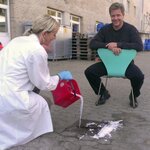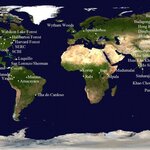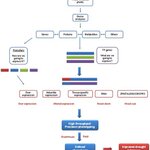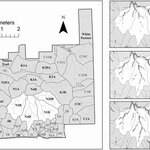
When I look at my children at play, I am fascinated by the ways in which they learn. Learning is a brain event and there are times I imagine I can almost see my kids’ brains working and developing as they play and learn. Everything that we do, whether motor, sensory or cognitive, requires networks of neurons to generate new activity patterns in our brains. These newpatterns are how we experience learning.
A team of researchers from the Center for the Neural Basis of Cognition at Carnegie Mellon University and the University of Pittsburgh were able to provide a theoretical representation for…





